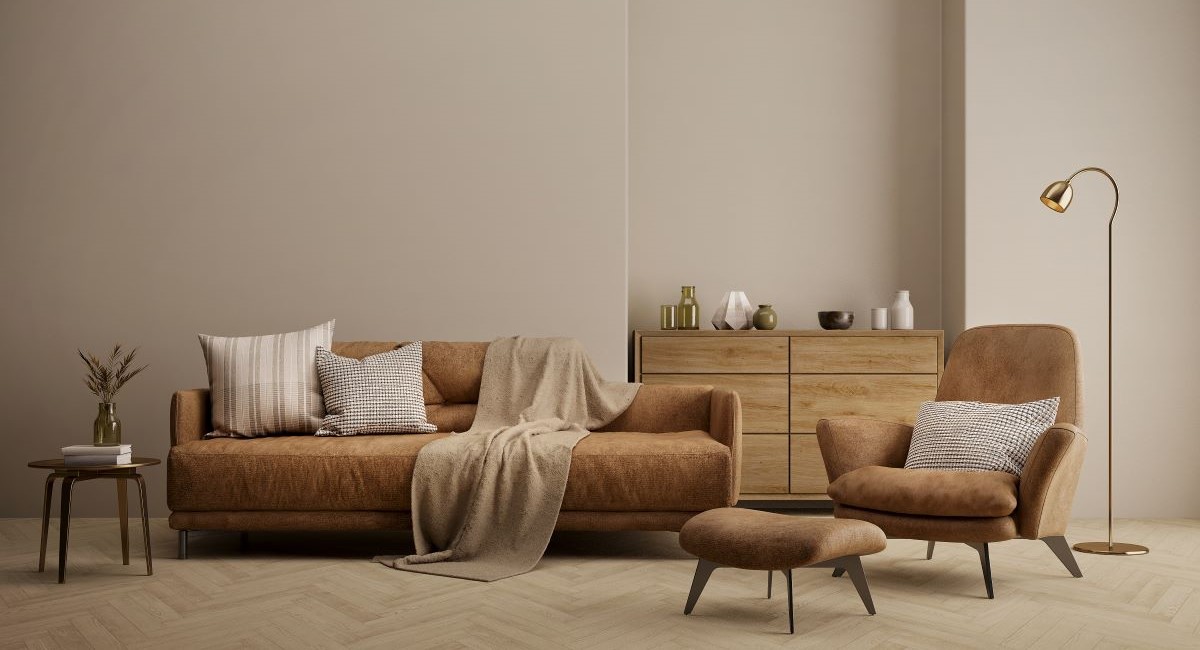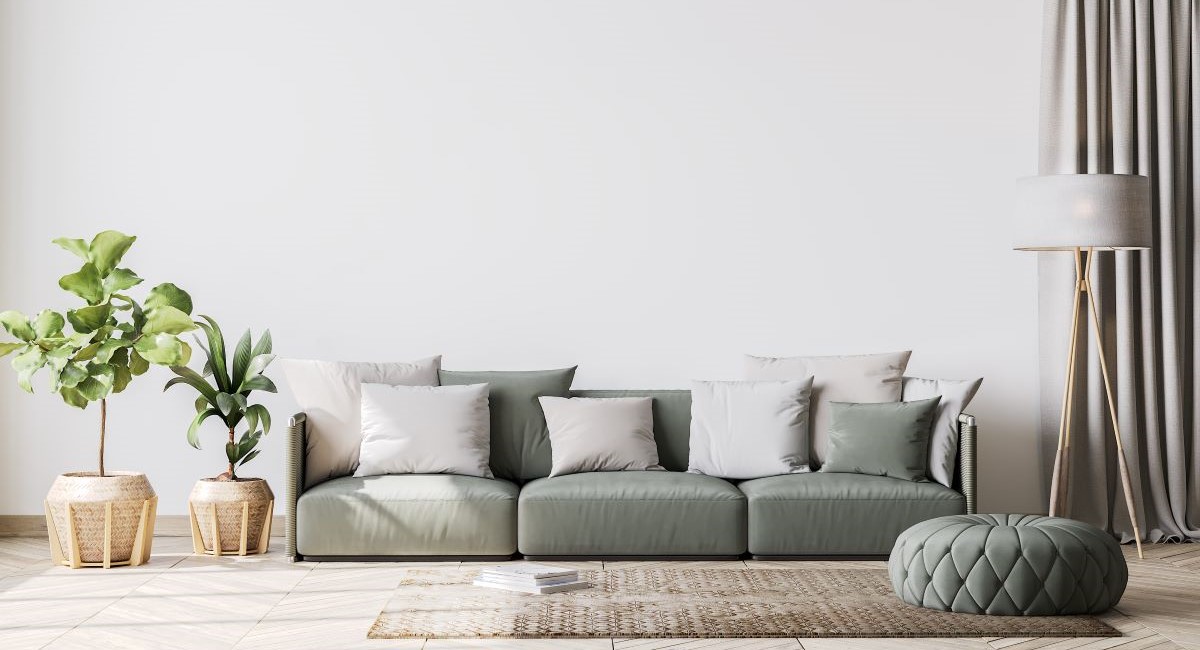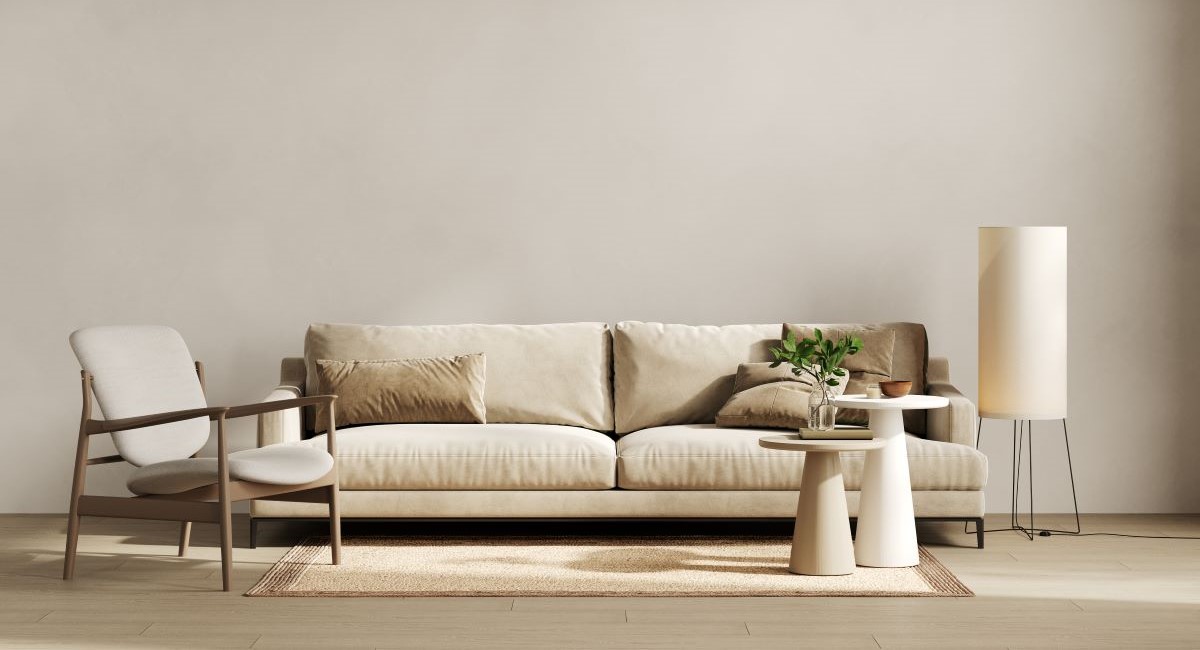In Taiwan’s rental market, tenants care most about safety and privacy. Sometimes tenants complain that landlords use spare keys to enter without notice. Is this legal?
What Does the Law Say?
Criminal Code, Article 306:
“Anyone who, without reason, enters another person’s residence, building, enclosed land, or vessel shall be sentenced to imprisonment of up to one year, detention, or a fine of up to NT$9,000. The same applies to those who hide inside without reason or remain after being asked to leave.”
✨ Plain explanation: Even though landlords own the property, once it is rented out, tenants have the right to use and occupy it. If a landlord enters without proper justification, it may constitute the crime of unlawful entry.
⚖️ Legal Source: Criminal Code Article 306 – Law.moj.gov.tw
Rental Scope Matters
1. Shared Rooms or Partitioned Studios
- Scope: Tenants usually rent only the bedroom. Common areas like kitchen, living room, and balcony are shared.
- Landlord’s Rights: As long as the landlord does not enter the tenant’s private bedroom, it is generally not illegal.
- Safety Tip: Tenants may change locks or add locks, but should inform the landlord and restore the original lock when moving out.
2. Independent Studios or Whole Apartments
- Scope: If the rental has a separate entrance or is a full apartment, the entire space belongs exclusively to the tenant.
- Landlord Restriction: Landlords cannot enter without permission, otherwise they risk breaking the law.
- Tenant’s Right: Tenants may freely change locks to protect privacy.
🦉 Related Read: How to Choose: Independent Studio, Partitioned Studio, or Shared Room in Taiwan?
🦇 Related Read: Can Tenants Change the Locks in Taiwan?
What Counts as “Without Reason”?
The law requires justifiable reasons.
✅ Valid reasons:
- Emergencies (fire, flooding, gas leak).
- Tenant’s prior consent or invitation.
- Necessary repairs with prior notice.
❌ Invalid reasons:
- Tenant delays rent payment.
- Landlord simply wants to check the property.
Even with valid reasons, landlords should record the process or bring a third-party witness (such as neighbors, local officials, or police) to avoid disputes.
Practical Reminders
Tenants
- Confirm rental scope in the contract.
- Strengthen security but keep old locks for restoration.
- Communicate with the landlord first to avoid conflicts.
Landlords
- Do not enter without consent, even if you hold keys.
- In emergencies, notify the tenant or bring a witness.
- Clearly state scope, repair duties, and access rules in the contract.
Conclusion
Landlords cannot freely enter rental units just because they own them. Once a lease is signed, tenants gain lawful rights to use and occupy the property. Unauthorized entry may constitute unlawful intrusion under Article 306 of the Criminal Code.
Since “justifiable reasons” are not always easy to define, landlords should avoid entering without tenant consent. Tenants, on the other hand, should use legal protections to safeguard their rights. Mutual respect and transparency remain the foundation of a healthy rental relationship.


